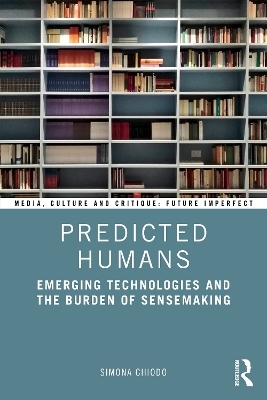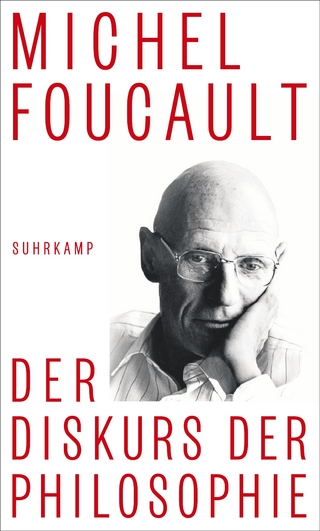
Predicted Humans
Routledge (Verlag)
978-1-032-64311-3 (ISBN)
Predicting our future as individuals is central to the role of much emerging technology, from hiring algorithms that predict our professional success (or failure) to biomarkers that predict how long (or short) our healthy (or unhealthy) life will be. Yet, much in Western culture, from scripture to mythology to philosophy, suggests that knowing one’s future may not be in the subject’s best interests and might even lead to disaster. If predicting our future as individuals can be harmful as well as beneficial, why are we so willing to engage in so much prediction, from cradle to grave?
This book offers a philosophical answer, reflecting on seminal texts in Western culture to argue that predicting our future renders much of our existence the automated effect of various causes, which, in turn, helps to alleviate the existential burden of autonomously making sense of our lives in a more competitive, demanding, accelerated society. An exploration of our tendency in a technological era to engineer and so rid ourselves of that which has hitherto been our primary reason for being – making life plans for a successful future, while faced with epistemological and ethical uncertainties – Predicted Humans will appeal to scholars of philosophy and social theory with interests in questions of moral responsibility and meaning in an increasingly technological world.
Simona Chiodo is Professor of Philosophy at Politecnico di Milano. She was Visiting Professor at the University of Cambridge and at the University of Edinburgh, Visiting Scholar at the University of Pittsburgh and spent research stays at Harvard University. She was also Academic Visitor at the Massachusetts Institute of Technology. She is a member of the Technology Foresight Centre of Politecnico di Milano. Her last works focus on the relationship between technological innovation and human autonomy.
Introduction 1. To be predicted, or not to be predicted: that is the question 2. Death clocks and other emerging technologies to predict our future 3. Prediction and the automation of our future 4. Prediction and the unbearable burden of sensemaking 5. Should we have the right not to be predicted? 6. Concluding remarks: predicted humans, individualism and their future
| Erscheinungsdatum | 13.06.2024 |
|---|---|
| Reihe/Serie | Media, Culture and Critique: Future Imperfect |
| Verlagsort | London |
| Sprache | englisch |
| Maße | 156 x 234 mm |
| Gewicht | 453 g |
| Themenwelt | Geisteswissenschaften ► Philosophie ► Philosophie der Neuzeit |
| Sozialwissenschaften ► Soziologie ► Allgemeines / Lexika | |
| ISBN-10 | 1-032-64311-0 / 1032643110 |
| ISBN-13 | 978-1-032-64311-3 / 9781032643113 |
| Zustand | Neuware |
| Haben Sie eine Frage zum Produkt? |
aus dem Bereich


